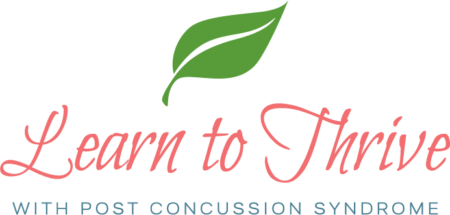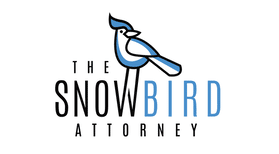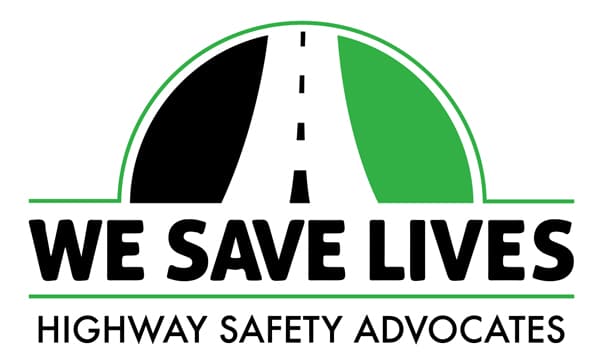
For many traumatic brain injury survivors, the world had stopped long before the planes were grounded and the restaurants were closed to curb the spread of Covid-19. In March 2020, we watched as everyone’s plans, vacations, routines, movie nights, hobbies, and gatherings were cancelled indefinitely. We watched as our friends and family joined us in being stuck at home and unable to do all the things that we loved to do out there in the world.
For many of us dealing with a slow recovery from a traumatic brain injury, watching this all unfold was a very strange experience. And one that brought mixed emotions. I, like so many others, found myself feeling worried and scared at the start of this pandemic, but I have to also admit that it felt really good to take a break from the FOMO (fear of missing out) or more accurately SOMO (sadness of missing out) that had been a mainstay feeling since my TBI in November 2018. During the first year of the pandemic things were hard and my recovery was slow, but at least there wasn’t anything to miss out on.
I Wasn’t the Only One Feeling This Way
Emotions are complex. And the relief I felt from no longer feeling Sadness of Missing Out is something that most people wouldn’t really understand. But I learned I wasn’t the only one feeling this way. It’s so absolutely isolating to feel like you’re the only one- the only one with a complex feeling, the only one left out, the only one not well, the only one with your specific symptoms, the only one as sad or lonely or in as much pain as you are. And yet, we so rarely are the only ones.
Sure, at home, in our regular networks of friends and family, we can often feel like an outsider. Where the expression of the magnitude of our concerns or the complexity of our feelings fall on well-intentioned but not-quite supportive ears, if we’re lucky. But we are not alone in this. Not far from each one of us there is someone else feeling the very same thing. And the best gift we can give ourselves is the gift of connecting: of reaching out to the community, the support group, the network of people who understand you and what you’re going through, in all its complexity.
Many Will Still Have Some Complex Feelings
As parts of the world begin taking steps toward opening up again, and people celebrate their freedom to gather, take holidays and go back to their routines, many of us still recovering may have some complex feelings about that. There is no better home for complex feelings than in a community that understands. In our interconnected digital world of social media there are more opportunities than ever to find community and connection. Be sure you’re giving yourself that gift so you don’t have to feel like the only one, because you’re not. None of us are.
Submitted by: Lina Maria Aristizabal
Lina Maria Aristizabal is co-creator and co-facilitator of Learn to Thrive with Post-Concussion Syndrome, a virtual wellbeing workshop series and community for concussion survivors. Together with Occupational Therapist Arvinder Gaya from PiOT Inc., she supports concussion survivors to build resilience, find connection, improve relationships and boost happiness during recovery.
Lina Maria continues to deal with persistent concussion symptoms after her TBI in November 2018. She is also a wellbeing and resilience trainer and certified life coach. Learn more at https://piot.ca/thrive.
This article is also featured in our 2021 Summer Issue of Sharing our Recovery
The Crash Support Network is a unique website consisting of an online support group, a Crash Survivor Blog written by a survivor, our Sharing Our Recovery Newsletter, informative articles and a Virtual Crash Memorial. Our website is based on relationship-building and puts the needs of survivors first by creating a helpful resource for victims and survivors of motor vehicle crashes.





